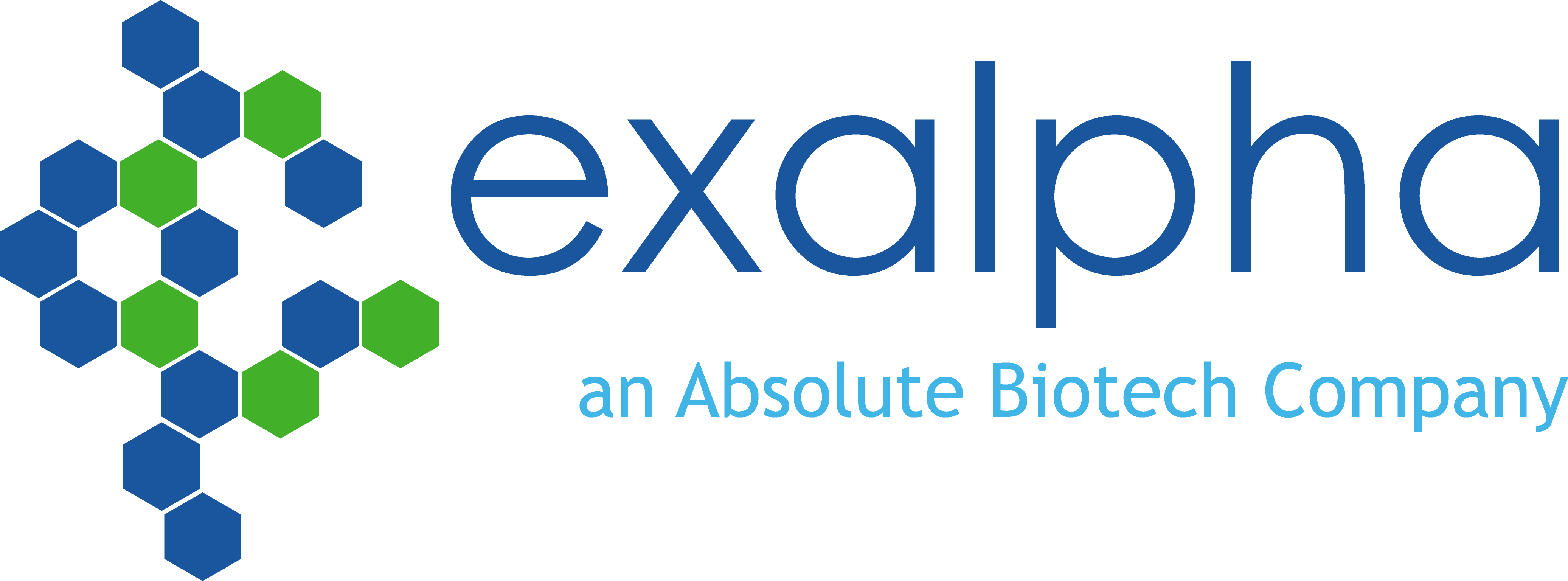News
ExalphaBiologicals' Biologo antibodies
Included within Exalpha Biologicals’ product offering, Biologo branded reagents are widely literature-cited and span multiple research areas. Most prominent among these are antibodies developed to support the study of advanced glycation end-products (AGE) and cancer, and antibodies raised against collagens from various species.
Advanced glycation end products
Advanced glycation end-products are a diverse group of proteins and lipids that become glycated after exposure to sugars. Many of them are used as biomarkers of aging, and both advanced glycation end-products and their receptors have been widely implicated in degenerative conditions such as Alzheimer’s disease, atherosclerosis and chronic kidney disease. Due to the involvement of sugars in producing these biomolecules, advanced glycation end-products have also been studied to investigate their role in cardiovascular disease and diabetes.
Biologo antibodies developed for the study of advanced glycation end-products include:
| AGE102 | Rabbit polyclonal antibody suitable for the detection of different AGE products via ELISA |
| CML011 CML024 | Mouse monoclonal antibodies (clones CMS-10 and NF-1G) suitable for the detection of (N-epsilon)-carboxymethyl-lysine (CML) via ELISA and IHC |
| AGE06B | Mouse monoclonal antibody (clone 6B) suitable for the detection of methylglyoxal-AGE (Arg-pyrimidine) via Western blotting and IHC |
| PEN012 | Mouse monoclonal antibody (clone PEN-12) suitable for the detection of pentosidine via ELISA and IHC |
Cancer
Cancer is a highly complex disease, requiring investigation of a vast range of biological processes. These not only encompass the cell cycle, angiogenesis and epigenetics, but also immunology, inflammation and DNA repair. Biologo antibodies developed to support the study of cancer include both rabbit and mouse monoclonals, several of which have been combined in various cocktails to facilitate the investigation of multiple proteins in parallel:
| PAX008 | Rabbit polyclonal antibody suitable for the detection of paired box protein 8 (PAX-8) via IHC |
| MSH2002 | Mouse monoclonal antibody (clone FE11) suitable for the detection of mismatch repair protein 2 (MSH2) via IHC, IP and Western blotting |
| P504S | Rabbit monoclonal antibody (clone 13H4) suitable for the detection of alpha-methyl acyl-CoA racemase (AMACR) via IHC |
| HE500 | Mouse monoclonal antibody (clone HEA125) suitable for the detection of epithelium-specific glycoprotein (Egp34, EpCAM) via IHC |
| PP1163 | Mouse monoclonal antibody (clone 4A4) suitable for the detection of p63 protein (Ab1) via IHC |
| KI500 | Mouse monoclonal antibody (clone MIB-1) suitable for the detection of Ki-67 via IHC |
| MAM001 | Mouse monoclonal antibody (clone 304-1A5) suitable for the detection of mammaglobin A via ELISA, IHC and Western blotting |
| PIN001 | Antibody cocktail suitable for the detection of AMACR and p63 via IHC |
| PIN002 | Antibody cocktail suitable for the detection of AMACR, p63 and HMW cytokeratin via IHC |
| BAS001 | Antibody cocktail suitable for the detection of p63 and HMW cytokeratin via IHC |
Collagens
Collagens are widespread throughout the body and perform essential roles in tissue scaffolding, cell adhesion, cell migration, angiogenesis, tissue morphogenesis and tissue repair. They are implicated in a broad spectrum of diseases, with rheumatoid arthritis, systemic lupus erythematosus (SLE), scleroderma and cancer being representative examples. Biologo antibodies developed to investigate collagens include:
| CO20111 | Rabbit polyclonal antibody suitable for the detection of human collagen type I via ELISA, IHC, RIA and Western blotting |
| CO105 | Mouse monoclonal antibody (clone COL 94) suitable for the detection of human collagen type IV via IHC and Western blotting |
| CO20171 | Rabbit polyclonal antibody suitable for the detection of tuna collagen type I via ELISA, IHC, RIA and Western blotting |
| CO20141 | Rabbit polyclonal antibody suitable for the detection of rat collagen type I via ELISA, IHC, RIA and Western blotting |
